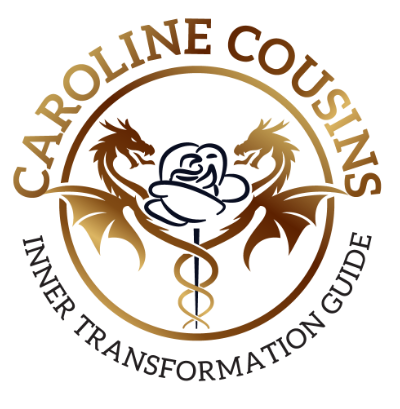I recently watched an excellent documentary on TV about body builders. I was gripped by the dedication and motivation to which these fitness devotees pumped their body in the gym for hours on end, day in and day out, in search of the ‘perfect’ physique, and it got me thinking about this current societal obsession with body image.
A perfectly toned and enhanced physique and voluptuous lips and sculpted eyebrows has become the norm. Plastic surgery is incredibly popular and even the obligatory six-pack to the fitness enthusiast can now be obtained through liposuction, negating the need for hours of muscle crunching over a fitness bench. In fact, there seems to be almost nothing that cannot be changed or enhanced in some way, which has fuelled a booming industry for those in the cosmetic and beauty trades.
Once a reserve for the rich or celebrity status, popping into a clinic for a cosmetic procedure in our lunch hour, or having a Botox injection or lip filler at a private party, has become commonplace, and the cost of plastic surgery has never been more affordable, if we are willing to travel abroad and prepared to take the risk.
I am all in favour of enhancing our looks or body if we choose to, and it is no different from choosing a different outfit to wear everyday so, if it makes us feel a bit better about ourselves and it’s fun then why not? After all, society has been doing this across the world for thousands of years throughout different cultures.
However, what is more concerning is when the motivation to change our appearance comes from an underlying need within us that fills something that we perceive is lacking. At that point it changes from a simple choice or desire – like changing the style of our hair, into an unhealthy habit that needs constant feeding and attention and becomes an obsession.
What emerged from the TV documentary was that the underlying motivation behind most of the body builders that were filmed wasn’t actually a desire to have the most impressive physique, or even to challenge themselves to see what they were capable of. It was actually a need to be accepted and some would go to great lengths in order to satisfy this perceived lack, so much so, that it ruined personal relationships as well as their physical health. This desire for acceptance had also instigated a form of self-punishment by pushing their body to extremes, and even though they knew this, they allowed themselves to feed this insatiable appetite, instead of exploring its underlying origins.
No amount of surgical, cosmetic or beauty enhancement will ever satisfy an underlying lack of self-acceptance. What can start as a simple choice to enhance our appearance can turn into an obsession if we are rejecting ourselves at a subconscious level. If we are running the belief that we are not enough as we are, we can fall prey to the social temptation to try another procedure, then another and so on and before we know it, it becomes a habit-forming compulsion and we start to see a distorted view of our appearance fed by the drip-feed on media platforms.
Perhaps, before we go down the root of some enhancements, we should explore the underlying motivation for the change we seek. Is it coming from a simple desire to enhance what we have, or a perceived lack? Are we attached greatly to the outcome or is it a bit of fun and just something nice to do that makes us feel good for a while?
Written for the AD&T, September 2019 by Caroline Cousins





